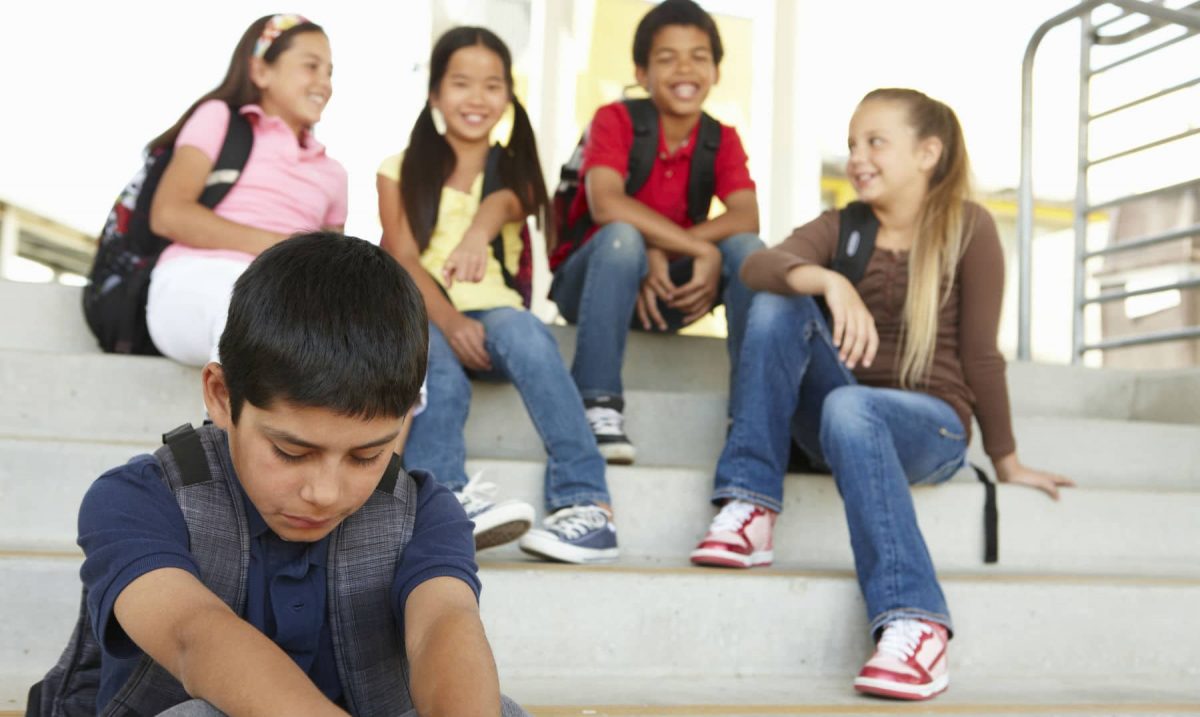
Many years ago a child could be bullied by his schoolmates and no one would raise his voice. It was an open secret very well kept by teachers and authorities. Fortunately, this is ancient history. The complaint in front of the bullying it is part of current school life and schools and institutions work hard to bring this historical problem into focus.
¿What is bullying? Although many of us know what it is about in general terms, the term "bullying" refers to violent and intimidating behavior that is exerted on a child or adolescent during their school years. That is, it has precise parameters and clear limits. For this reason, it is important to know well what we are talking about when we talk about bullying.
Bullying, a problem of always
El bullying or bullying it always happens in educational settings. It can occur in several ways: verbally, physically or psychologically among children and adolescents during school.
Beyond the specific differences in behavior, in all cases the same characteristics are repeated by the harasser. The principales bullying behaviors They are: the repetition of the practice during a specific period, can be carried out by a single person or in a group and the aggressor is placed in superiority of conditions compared to the victim, generating fear and submission in the harassed. Behaviors can range from verbal threats to insults, cheating, name calling, dirty games to physical assaults.
¿What is bullying so? Nothing less than aggressive behavior by one child, adolescent or group towards another. Abuses with the intention of attacking the victim are frequent, seeking to belittle, humiliate and alter their normal school development. The word itself says so: it comes from English and means "to intimidate."
Victims of bullying
Who are the frequent target? Which are the bullying victims? Although there are exceptions, they are usually rather submissive or lacking in character children who will not dare to confront the bully. In many cases they will even choose to remain silent in front of peers and adults. The reason for the silence? The fear of possible retaliation.
To this is added that it is common for the aggressor (s) to commit their acts in a sneaky way or at times and places where they cannot be seen. Nowadays, electronic devices must also be considered as the epicenter of the bullying current. A large part of the aggressions today are via mobile phones or social networks. The results are disastrous for those attacked since the attacks are not only personal but also become public for the entire interconnected school community.

Another bullying characteristics is that it is a behavior that tends to be increasing. What does this mean? That what at first can be mockery, later can be transformed into insults, public expositions or physical attacks. The consequences of bullying are fear and possible psychological damage in the affected child or adolescent. There are children who refuse to attend school and others who change their personality and actions.
How to combat bullying
Beyond the form, whenever we talk about bullying, it is clear that there is an abuse of power from one individual to the other, acts of humiliation, cruelty and other types of aggression, It is important that the school community is attentive to what happens within the walls in order to intervene if necessary. On the other hand, families must also be attentive to possible changes in their children's behavior, modifications in their school routines, a drop in academic level or any other change in attitude.
Finally, it is important to know that the bullying refers only to harassment that happens at school, not to attacks or harassment produced in other social settings such as work or in public spaces.
